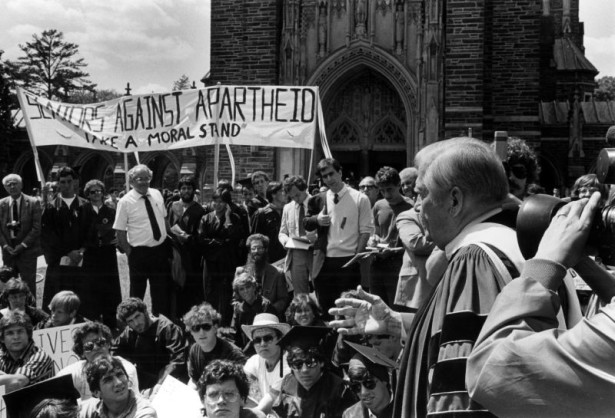
There are more than a few reasons not to attend an elite college. Between the Ivy Leagues and well-ranked liberal arts colleges, ambitious applicants now have 50 institutions to choose from that all charge more than $60,000 a year. William Deresiewicz this week warned parents not to send their kids to Ivy League schools, arguing that higher education’s obsession with flashy qualifications leaves graduates fixated on success but with few passions. Further, the cost of even getting to college — between private schooling, test prep courses and service trips to the Global South — compounds with institutions’ persistent elitism to create a falsely diverse, self-perpetuating achievement network that is not about upward class mobility but instead “determining the exact hierarchy of status within the upper-middle class itself.”
There are plenty of arguments to be made for how Deresiwicz’s takedown didn’t go far enough. Student debt receives hardly a mention and, as Chris Lehman notes for In These Times, the article’s proposed solutions fall safely within a meritocratic framework. But what does all this mean for the young organizers at the top of the Ivory Tower?
Taking advantage of institutional resources is a long-held favorite strategy of student organizers, no more so than at elite colleges. Recently, some of the most visible fights in the fossil fuel divestment movement have been at schools like Harvard and Middlebury, largely because of the inborn social, cultural and financial capital of selective schools. In targeting particularly high-profile universities, successful campaigns across issue silos have the potential to implicate those institutions’ entire social networks, ones that might include senators, CEOs and even heads of state. Organizers can appropriate these constantly evolving networks of elites — ones typically used to advance personal careers and fortunes — in the service of social justice movements.
In a theoretical sense, campaigns can redefine the boundaries of the network of elite higher education such that to not concede to organizers’ pressure is to fall outside of those boundaries. Victory would mean — in part — that these new standards are fully incorporated to the point where they become self-regulating among elite college’s boards and administrations, whether that be in divesting from fossil fuels, protecting survivors of sexual assault or enacting fair labor standards.
The university system in the United States functions kind of like a market. College rankings position prospective students as informed consumers seeking to maximize value, while communications and admissions officers create more appealing products for those who can pay the price. According to Kevin Carey, director of the Education Policy Program at the New America Foundation, “[College rankings] simply made numbers out of a value system that was already in place. They empiricized a sense of higher education quality that revolves around three things: wealth, exclusivity and fame.” Both in their extended networks and role in thought production, academia’s upper echelons hold a disturbing amount of clout. That students are treated as customers is nothing to be celebrated, but it is something to be leveraged. As long as the Ivies and other elite colleges exist, they should be organized.
